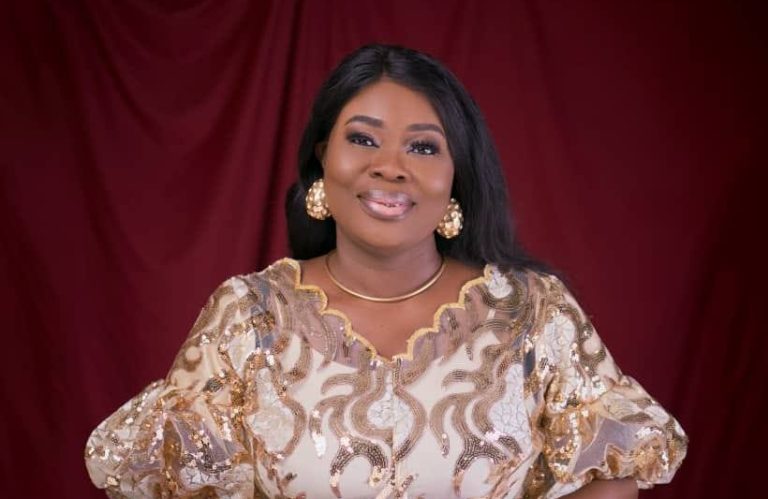At The African Investigative Journalism Conference @ The University of Witwatersrand, Johannesburg, participants received with ovation, sadness and resolve, the ground-breaking investigative report by Premium Times on Extrajudicial Kilings in South East Nigeria.
The above cited conference opened this morning at the Science Stadium, Wits University. I undertook a 3 & half hour smooth journey by road down to Jo’Burg from my location in ‘Maf Town’ to grab another opportunity provided by Premium Times – Nigeria’s leading online newspaper, reputed for path-breaking investigative reporting, and preeminent data journalism entrepreneurship – to soak myself in the resources of knowledge.
I reconnected with one of my mentors, Dapo Olorunyomi, proprietor of Premium Times; Mojeed Musikilu, Premium Times’ Editor-in-chief, a distinguished alumnus of University of Uyo Communication Arts programme where I also graduated a year after Mojeed’s set. I equally reconnected with Abiose Adelaja of The Cable, another prestigious Nigerian online newspaper. I haven’t seen Abiose since our days at Freedom House Nigeria project, first of the kind in sub-Saharan Africa which Dapo Olorunyomi served as its director. Freedom House is an American institution focused on issues of freedom and democracy globally. I worked as the Niger Delta regional media researcher for Freedom House shortly before my sojourn in public sector as a ministerial special advisor on media.
At the Wits conference, I also met Ruona J. Meyer, the Germany-based Nigerian multimedia journalist and recipient of many awards, including one received few days ago from Mrs. Aisha Buhari, wife of Nigerian President, for her work: “SWEET SWEET CODEINE”, the story of Nigeria’s deadly cough syrup trade; Also at Wits is Juliana Francis, crime editor, New Telegraph and first female overall winner of the Wole Soyinka Investigative Journalism Award; Toyin Akinniyi of the National Resource Governance Institute; Vanessa Offiong of DailyTrust newspapers; Tayo Olayide of McArthur Foundation Nigeria; and Cletus Ukpong, Assistant Editor Premium Times. From the academia, my teacher at the University of Ibadan, Prof. Olusola Oyewo, and Prof. Muyiwa Popoola of Ajayi Crowther University, Oyo, also participated at the conference.
I was particularly happy to reconnect with Emmanuel Mayah, who took the first prize for the print category at the first Wole Soyinka Award for Investigative Reporting for his story on SWEAT SHOP, an undercover investigation of labour practices in some Chinese, Lebanese and Indian conglomerates in Nigeria where Nigerian workers were paid 20 Naira per hour in 2005. At the Wits conference, Mayah and Musikilu Mojeed made a fantastic case study presentation on MASSIVE EXTRAJUDICIAL KILLINGS IN SOUTH EAST NIGERIA between 2015 and 2017. The report is worthy of theoretical and methodological emulation for its conceptual and practical lessons.
As Mojeed revealed, Mayah after witnessing the genocide at Agatu was dispatched by Premium Times to South East to cover EXTRAJUDICIAL killings by the Nigeria Police and military authorities, beginning with the release of Nnamdi Kanu in December 2015 when a group of soldiers at the Head Bridge Market in Onitsha, opened fire on a crowd jubilating over Kanu’s release and killing many people. The report which contained pictorial evidences of massive killing of people in the South East also detailed how scavengers discovered bodies of those killed in burrow pits, and through collaboration with many civil society organisations reporters were able to establish the identity of the military and police teams responsible for the killings as well as the identities of everyone murdered by the military and police personnel.
The gory report also contained how the police and military authorities in Nigeria burnt or otherwise destroyed bodies of their victims to justify their denial that nobody was killed. The ‘destruction’ of the bodies also had photographic evidences. The presentation which is also available on Premium Times website also captured the killings of South East citizens during Biafra Heroes Day celebration.
While the Nigerian military authorities set up an investigation panel on the killings, the report is yet to be released or published, perhaps it is already listed for the dustbin of history. But that’s not the fate of the Amnesty International’s report and the reports filled by a group of Nigerian organisations and their international partners who have succeeded in getting their reports to be considered by the International Criminal Court (ICC).
In the genre of seminal investigative reports, this story is distinctive and that explained why it won international awards and remains a reference point in the annals of thoroughly investigated extrajudicial killings in Africa. The Wits conference is being attended by some 300 journalists, researchers, policy experts and other stakeholders from many countries in different continents.





